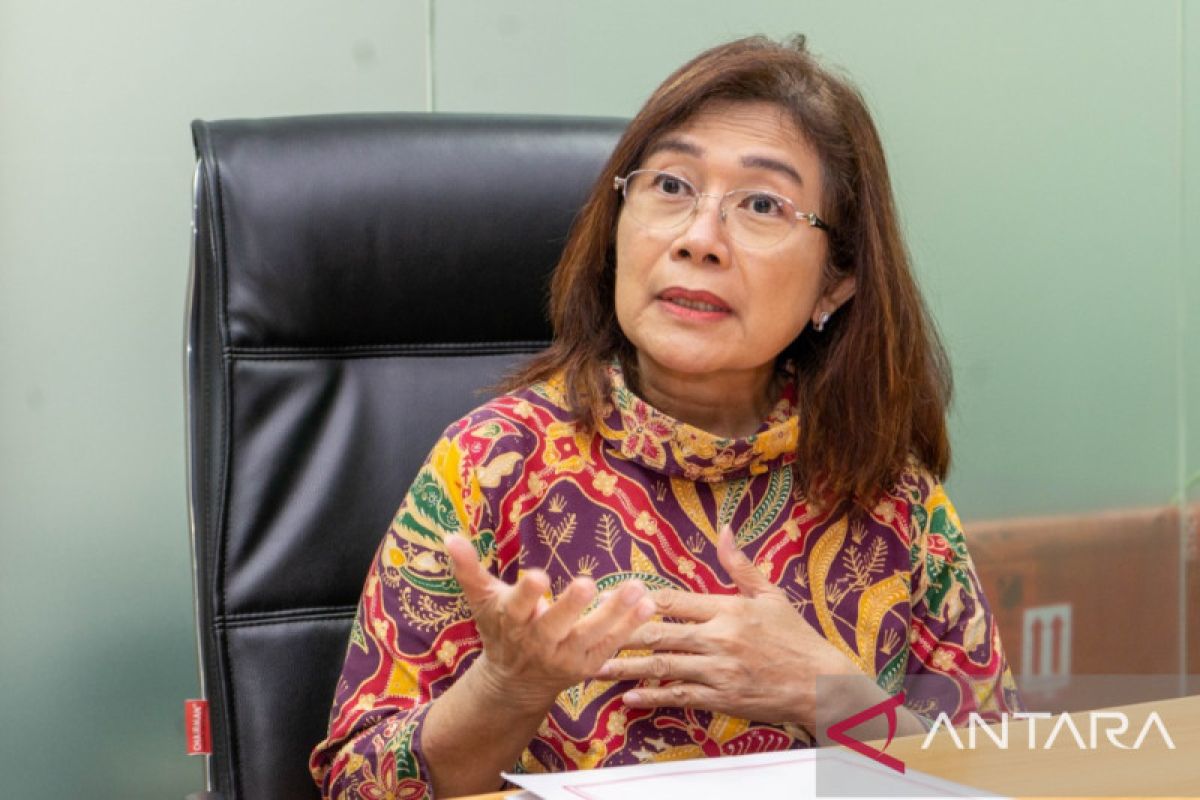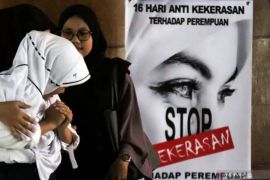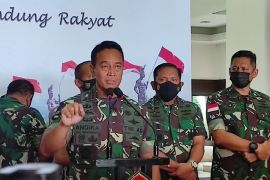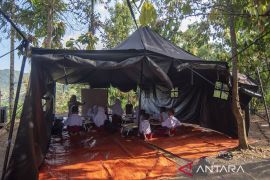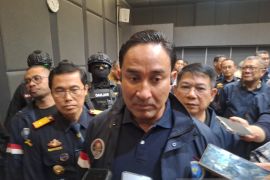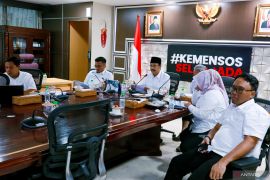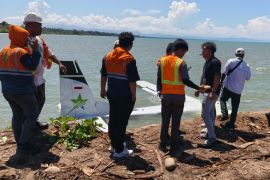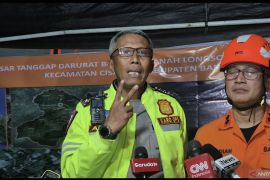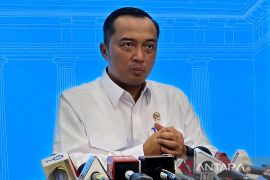It (the creation of the team) demonstrates the President's serious commitment to settling past gross human rights violations through judicial and non-judicial channels, as set forth in the Nawacita (nine-point agenda), RPJMN (medium-term developmentJakarta (ANTARA) - The creation of the non-judicial gross human rights violation settlement team shows President Joko Widodo (Jokowi) is committed to settling past human rights violations, the Presidential Staff Office (KSP) has said.
"It (the creation of the team) demonstrates the President's serious commitment to settling past gross human rights violations through judicial and non-judicial channels, as set forth in the Nawacita (nine-point agenda), RPJMN (medium-term development plan), and other official documents," KSP deputy head Jaleswari Pramodhawardani said in a press statement released in Jakarta on Saturday.
In his address during the annual session of the People's Consultative Assembly (DPR), the House of Representatives (DPR), and the Regional Representatives Council (DPD) on August 16, 2022, the President said that the settlement of past gross human rights violations has continued to draw serious attention from the government.
The President will never break his promise and commitment to settle past gross human rights violations, Pramodhawardani said.
Since his first term of office in 2014, the President has made concerted efforts to settle alleged cases of past gross human rights violations, she noted.
The head of state has ordered the Attorney General's Office to continue the judicial process as a follow-up to the National Commission on Human Rights’ (Komnas HAM’s) investigation.
Parallel to the ongoing judicial process, Widodo has also issued directives on the significance of non-judicial settlement, which is geared toward the protection of victims’ and their families’ rights and rehabilitation, Pramodhawardani said.
As part of his commitment to settle gross human rights violations, the President met human rights victims during the commemoration of World Human Rights Day in Yogyakarta on December 9, 2014, and listened to their aspirations.
In 2015, the government initiated the establishment of the Reconciliation Committee and Truth Disclosure Committee.
In 2016, it held a national symposium on the 1965/1966 event and unveiled its plans to set up a National Reconciliation Council. However, the public rejected the plan for various reasons.
The President received families of human rights violation victims at the State Palace in May 2018 to listen to the aspirations and hopes of victims. The same year, the government set up an integrated joint team for the settlement of alleged gross human rights violations in the past.
The government and the DPR resumed deliberations on the bill on Truth and Reconciliation Commission after the Constitutional Court annulled Law No. 27 of 2004 on the Truth and Reconciliation Commission in 2006.
In 2021, the Attorney General's Office began investigating alleged human rights violations in Paniai in 2014.
Up till now, 13 cases of gross human rights violations remain unsettled, based on the Komnas HAM's investigation.
Nine of the 13 cases occurred before the promulgation of Law No. 28 of 2000 on the human rights court. They include the 1965/1966 incident; mysterious shooting incident 1983–1984; Talangsari incident 1989; May 1998 incident; forced disappearance 1997/1998; Trisakti, Semanggi I, and Semanggi II incidents 1998–1999.
The four human rights violations that occurred after 2000 include the Wasior incident (2001); Wamena incident (2003); Jambo Keupok incident (2003); and Paniai incident (2014).
Related news: Ministry bags 2022 Law and Human Rights Ministry Partner Award
Related news: Keppres on human rights violations in keeping with laws: minister
Translator: Rangga Pandu AJ, Suharto
Editor: Rahmad Nasution
Copyright © ANTARA 2022
